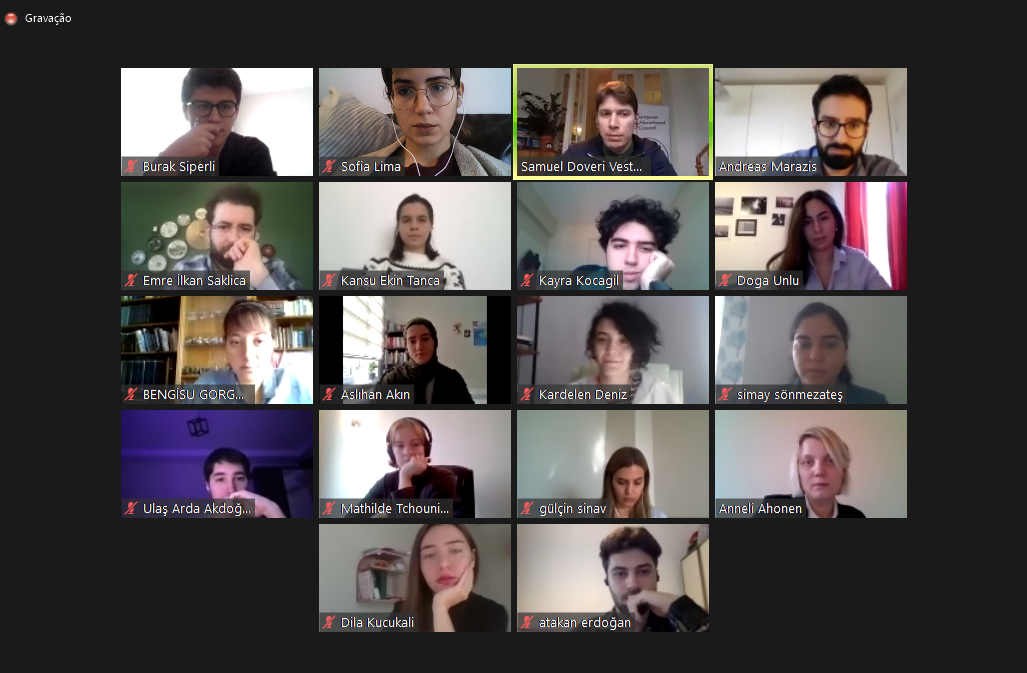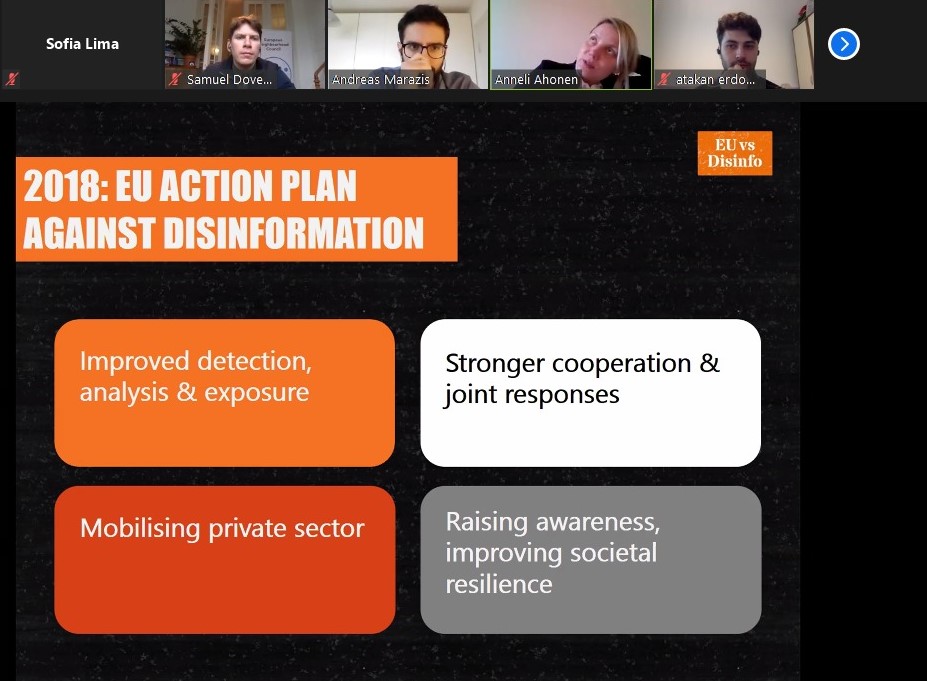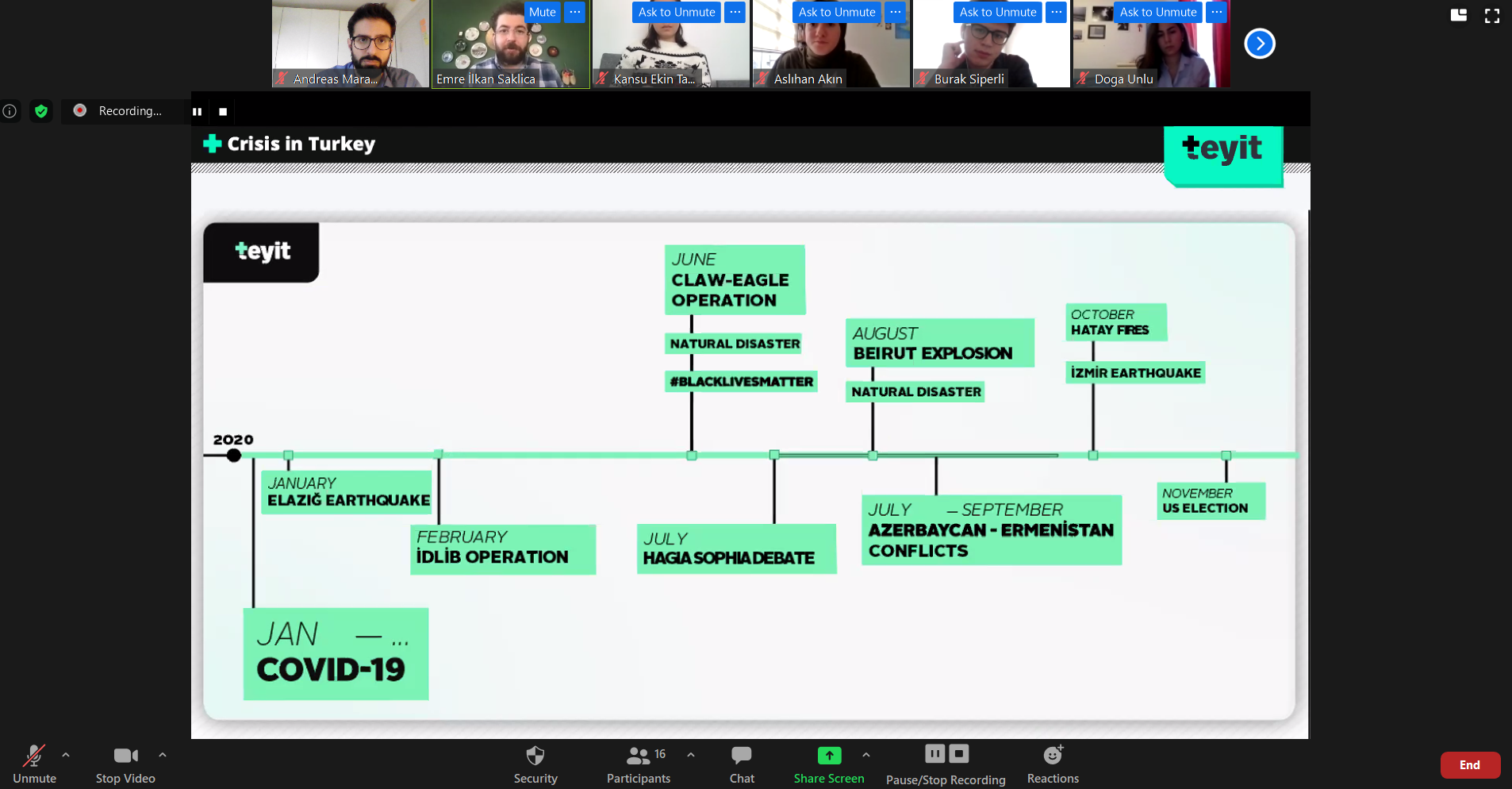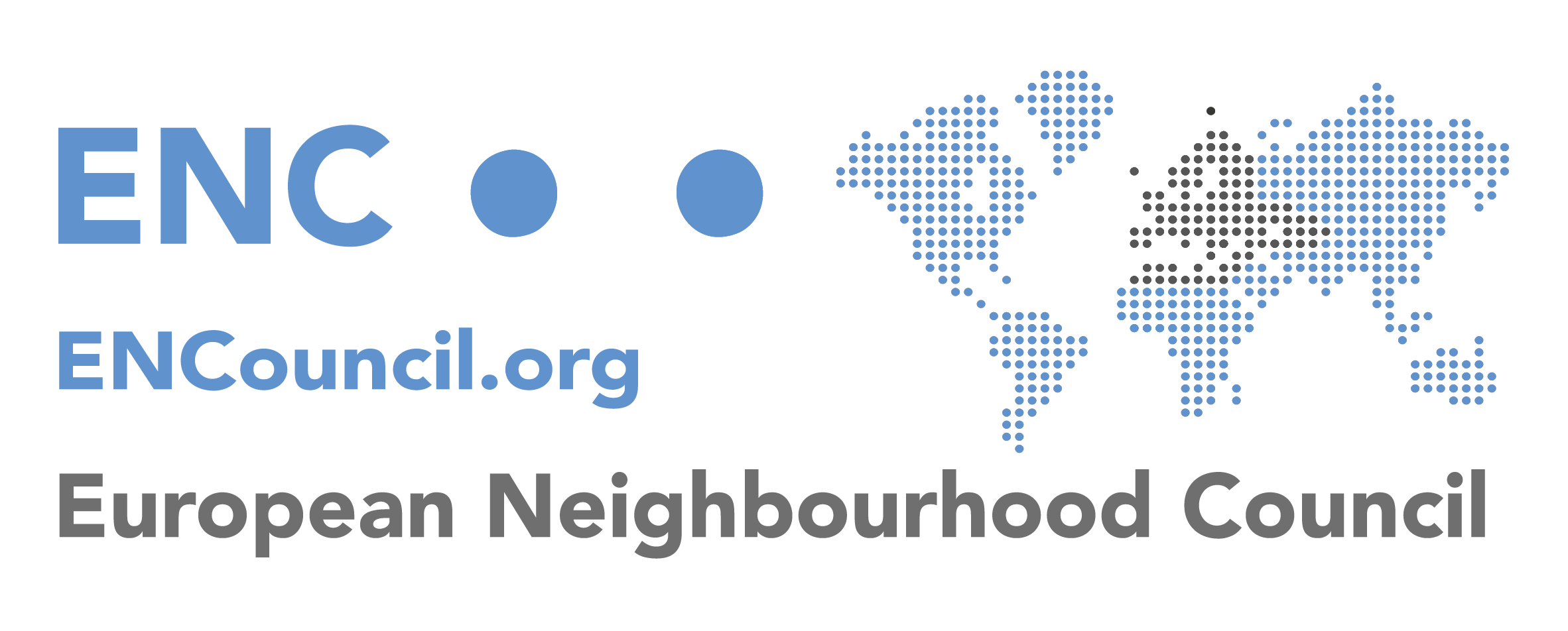Deciphering Disinformation and Fact-checking Methods
The European Neighbourhood Council (ENC), in cooperation with the Friedrich Naumann Foundation (FNF) Turkey and the Delegation of the European Union (EU) to Turkey kicked off its new project titled “The Future of Europe & Turkey Through Education”. The online training programme builds on identified best practises of the Turkey Training and Lecture Programme 2018-2020 (TTP) and it covers the following topics: privacy, disinformation, media freedom and fundraising.
The four online sessions, which began on the 26th November, bring together a group of around 40 opinion shapers composed of members of Civil Society organisations (CSO), journalists/bloggers, students and academics across Turkey.
The first training session was dedicated to Deciphering Disinformation and Fact-checking Methods and featured opening remarks by Gulcin Sinav, Project Manager at Friedrich Naumann Foundation Turkey and Samuel Doveri Vesterbye, ENC Managing Director. Both highlighted the importance of being aware of the existence of fake news and to have the tools to decipher them in order to have access to better information and paved the way for the panel discussion that followed.
 Anneli Ahonen, Head of East StratCom Task Force at the European External Action Service and Emre Saklica, Editor at teyit.org shared their professional experience in the field. Ms. Ahonen explained the latest efforts of the European External Action Service on debunking fake news, and more specifically those related to COVID-19, as the crisis created a fruitful and dangerous ground for disinformation. Despite the action of social media platforms during the crisis. The EU targeted COVID-19 disinformation through a more efficient communication on EU policies, strengthening the media environment in EaP through financial support, as well as exposing and analising disinformation through the EUvsDisinfo website. Ms. Ahonen also focused on the 2018 EU Action Plan Against Disinformation, which gave four main guidelines in order to tackle the spreading of fake news: an improved detection, analysis and exposure, a stronger cooperation and common response, the mobilization of the private sector, as well as raising awareness and societal resilience.
Anneli Ahonen, Head of East StratCom Task Force at the European External Action Service and Emre Saklica, Editor at teyit.org shared their professional experience in the field. Ms. Ahonen explained the latest efforts of the European External Action Service on debunking fake news, and more specifically those related to COVID-19, as the crisis created a fruitful and dangerous ground for disinformation. Despite the action of social media platforms during the crisis. The EU targeted COVID-19 disinformation through a more efficient communication on EU policies, strengthening the media environment in EaP through financial support, as well as exposing and analising disinformation through the EUvsDisinfo website. Ms. Ahonen also focused on the 2018 EU Action Plan Against Disinformation, which gave four main guidelines in order to tackle the spreading of fake news: an improved detection, analysis and exposure, a stronger cooperation and common response, the mobilization of the private sector, as well as raising awareness and societal resilience.

Mr. Saklica explained the spreading of disinformation, particularly during times of crisis, due to the fact that it appeals to our emotions, and is now much easier through social media platforms. As Turkey is more exposed to disinformation than any other European country, Mr Saklica used the example of the Izmir earthquake in October 2020 to debunk several conspiracy theories, for example on the claims about a higher magnitude, the supposed need for blood in Izmir, or the alleged missing student Ahmet Demir, with an emphasis on how dangerous these fake news could be as they produce anxiety and fear. Mr. Saklica also shared several ideas on what to do when confronted with disinformation: think twice, follow official statements, check the sources, stay up to date, try to prevent anxiety and fear, and be careful about the polarization of the society in order to empower our suspicion muscle. As a conclusion, Mr. Saklica explained the most important characteristics in order to work as a fact-checker: reading a lot on various topics, asking questions, learning how to use technology and having an good networks of experts to cross-check information.
 The next online training will take place on the 2nd of December and will cover the topic of data privacy and the EU’s General Data Protection Regulation (GDPR).
The next online training will take place on the 2nd of December and will cover the topic of data privacy and the EU’s General Data Protection Regulation (GDPR).


